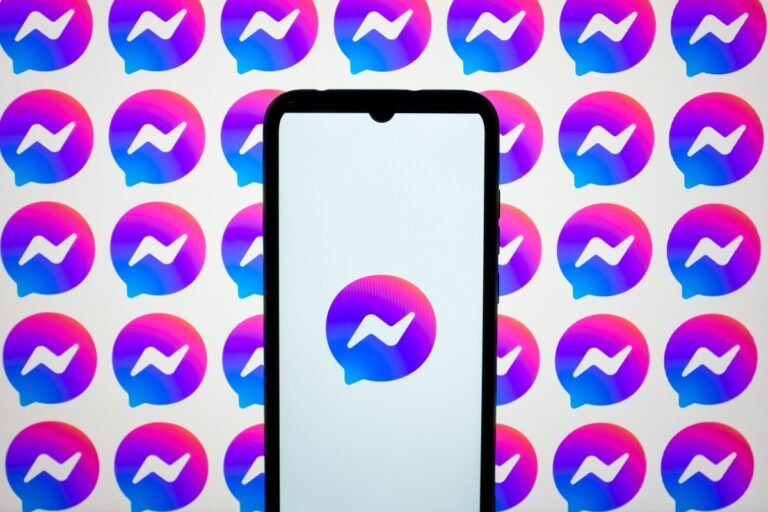
Meta is quietly rolling out a new “Communities” feature on Messenger, the company confirmed to TechCrunch.
The rollout comes as Meta introduced Communities on WhatsApp back in 2022.
They could create dedicated group chats for topics like upcoming events, security alerts, trash pickup schedules, and more.
Although the feature works similarly to Communities on WhatsApp, Meta says there is one key differentiator, which is the fact that Messenger Communities are connected to Facebook’s social graph.
On a help page, Meta says Communities on Messenger are designed for more public conversations when compared to Facebook groups.

Shopify has acquired Threads.com, the Seqiuoa-backed Slack alternative, Threads said on its website.
The companies didn’t disclose the terms of the deal but said that the Threads.com team will join Shopify.
It was thrown into the limelight after Meta launched Threads, its Twitter-like social network.
Notably, Meta also had another product named Threads, an Instagram companion app that started in 2019 and was shut down in 2021.
And on Android the app crossed the mark of a million lifetime downloads with just a few downloads prior to Meta launching its Threads social network.
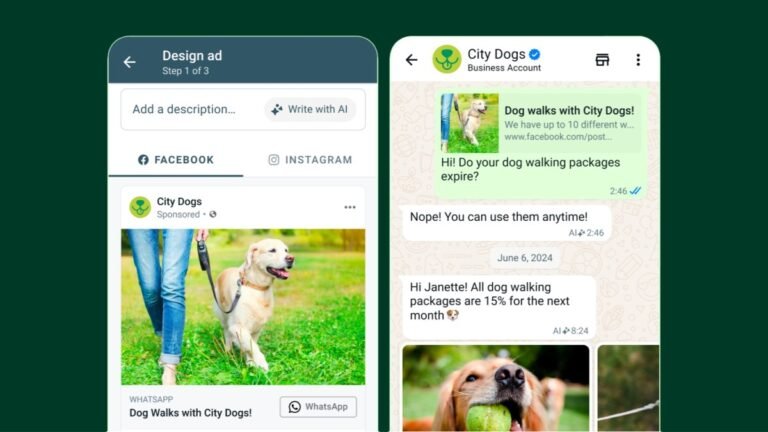
Today, Meta announced AI-powered features for WhatsApp Business apps, such as helping with the creation of click-to-WhatsApp ads and generating responses to frequent customer messages.
WhatsApp Business users will be able to leverage AI to create Facebook and Instagram ads that can start a WhatsApp chat with a business.
The company said it is testing AI-powered customer support, which will automatically answer customer queries related to catalog or frequently asked questions.
Meta noted that it plans to denote AI-generated messages clearly so customers know that they are not talking to a representative of a company.
While Meta is offering these tools without a cost, its primary driver for revenue on the WhatsApp Business platform is businesses having more conversations with customers.
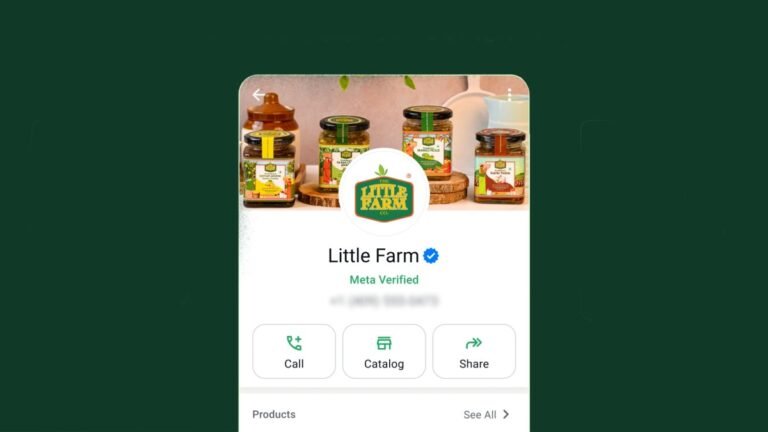
Meta on Thursday said it is rolling out its Meta Verified program for WhatsApp Business users in Brazil, India, Indonesia and Colombia, and eventually to more countries.
The plan also lets businesses use their WhatsApp Business account from multiple devices.
Until now, WhatsApp Business users had to use their personal phone numbers to service customer calls.
With more than 200 million monthly users on WhatsApp Business, Meta is trying to build a full suite of solutions that businesses can tap for communicating with their customers.
The company said existing commerce and payment services only cater to the top 200 million users.
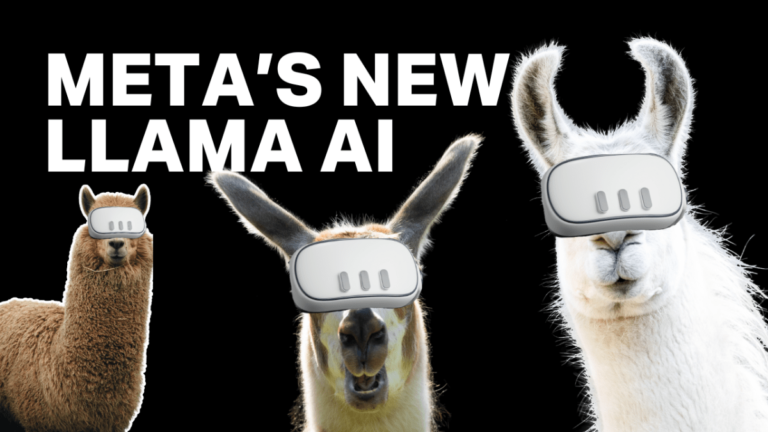
New AI models from Meta are making waves in technology circles.
Meta’s new Llama models have differently sized underlying datasets, with the Llama 3 8B model featuring eight billion parameters, and the Llama 3 70B model some seventy billion parameters.
The company’s new models, which were trained on 24,000 GPU clusters, perform well across benchmarks that Meta put them up against, besting some rivals’ models that were already in the market.
What matters for those of us not competing to build and release the most capable, or largest AI models, what we care about is that they are still getting better with time.
While Meta takes an open-source approach to AI work, its competitors are often prefer more closed-source work.
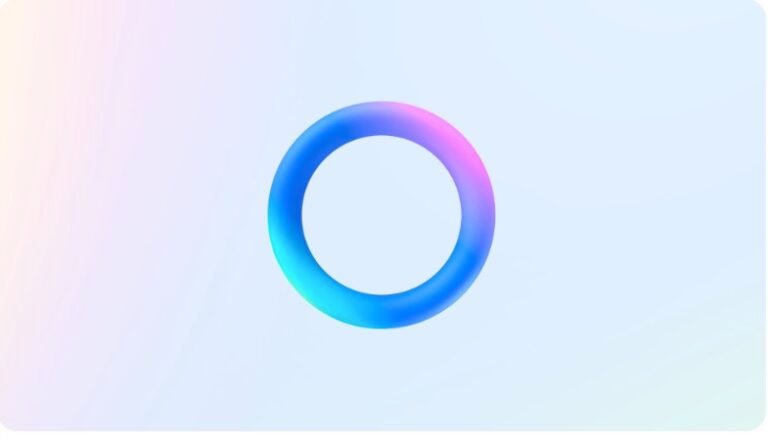
Last week, Meta started testing its AI chatbot in India across WhatsApp, Instagram, and Messenger.
Meta confirmed that it is restricting certain election-related keywords for AI in the test phase.
When you ask Meta AI about specific politicians, candidates, officeholders, and certain other terms, it will redirect you to the Election Commission’s website.
But just like other AI-powered systems, Meta AI has some inconsistencies.
This week, the company rolled out a new Llama-3-powered Meta AI chatbot in more than a dozen countries, including the U.S., but India was missing from the list.
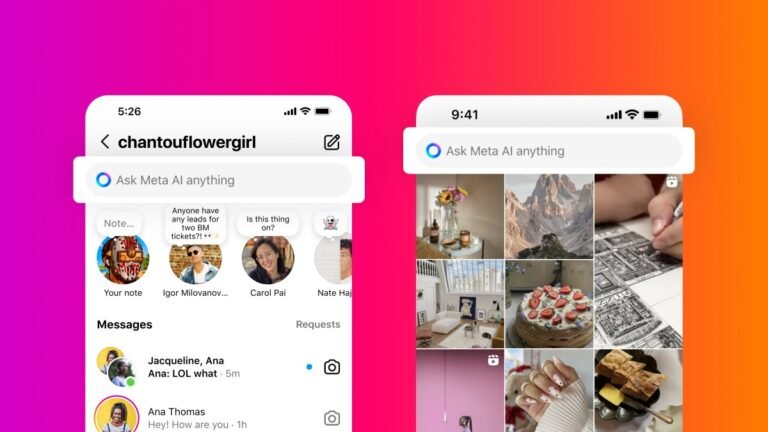
Chasing after other popular services in the market such as those from OpenAI, Mark Zuckerberg claimed today that Meta AI is possibly the “most intelligent AI assistant that you can freely use.”Meta first rolled out Meta AI in the U.S. last year.
Meta said that it plans to keep Meta AI in test mode in India.
New featuresUsers could already ask Meta AI for writing or recipe suggestions.
Plus, they can ask Meta AI to animate an image or turn an image into a GIF.
All AI things everywhere at onceMeta is adopting the approach of having Meta AI available in as many places as it can.

Meta has released the latest entry in its Llama series of open source generative AI models: Llama 3.
Meta describes the new models — Llama 3 8B, which contains 8 billion parameters, and Llama 3 70B, which contains 70 billion parameters — as a “major leap” compared to the previous-gen Llama models, Llama 2 8B and Llama 2 70B, performance-wise.
In fact, Meta says that, for their respective parameter counts, Llama 3 8B and Llama 3 70B — trained on two custom-built 24,000 GPU clusters — are are among the best-performing generative AI models available today.
So what about toxicity and bias, two other common problems with generative AI models (including Llama 2)?
The company’s also releasing a new tool, Code Shield, designed to detect code from generative AI models that might introduce security vulnerabilities.

The European Data Protection Board (EDPB) has published new guidance which has major implications for adtech giants like Meta and other large platforms.
The guidance, which was confirmed incoming Wednesday as we reported earlier, will steer how privacy regulators interpret the bloc’s General Data Protection Regulation (GDPR) in a critical area.
The full opinion of the EDPB on so-called “consent or pay” runs to 42-pages.
However a market leader imposing that kind of binary choice looks unviable, per the EDPB, an expert body made up of representatives of data protection authorities from around the EU.
“Online platforms should give users a real choice when employing ‘consent or pay’ models,” Talu wrote.

Yet a binary choice (aka “consent or pay”) is exactly what Meta is currently forcing on users in the region.
The European Data Protection Board (EDPB) has been meeting this week to discuss adopting an opinion on so-called “consent or pay”, following a request made back in February by a trio of concerned data protection authorities.
A spokeswoman for the EDPB confirmed to TechCrunch that it adopted an opinion on “consent or pay” on Wednesday morning, saying it will be published later today.
However the choice Meta gives EU users is a binary one: Either consent to its use of personal data for targeted advertisng or pay a monthly fee to access ad-free versions of its social networks.
But on the core issue of whether Meta’s mechanism complies with the EU’s long-standing data protection framework the Board’s opinion is key.













